Back to Courses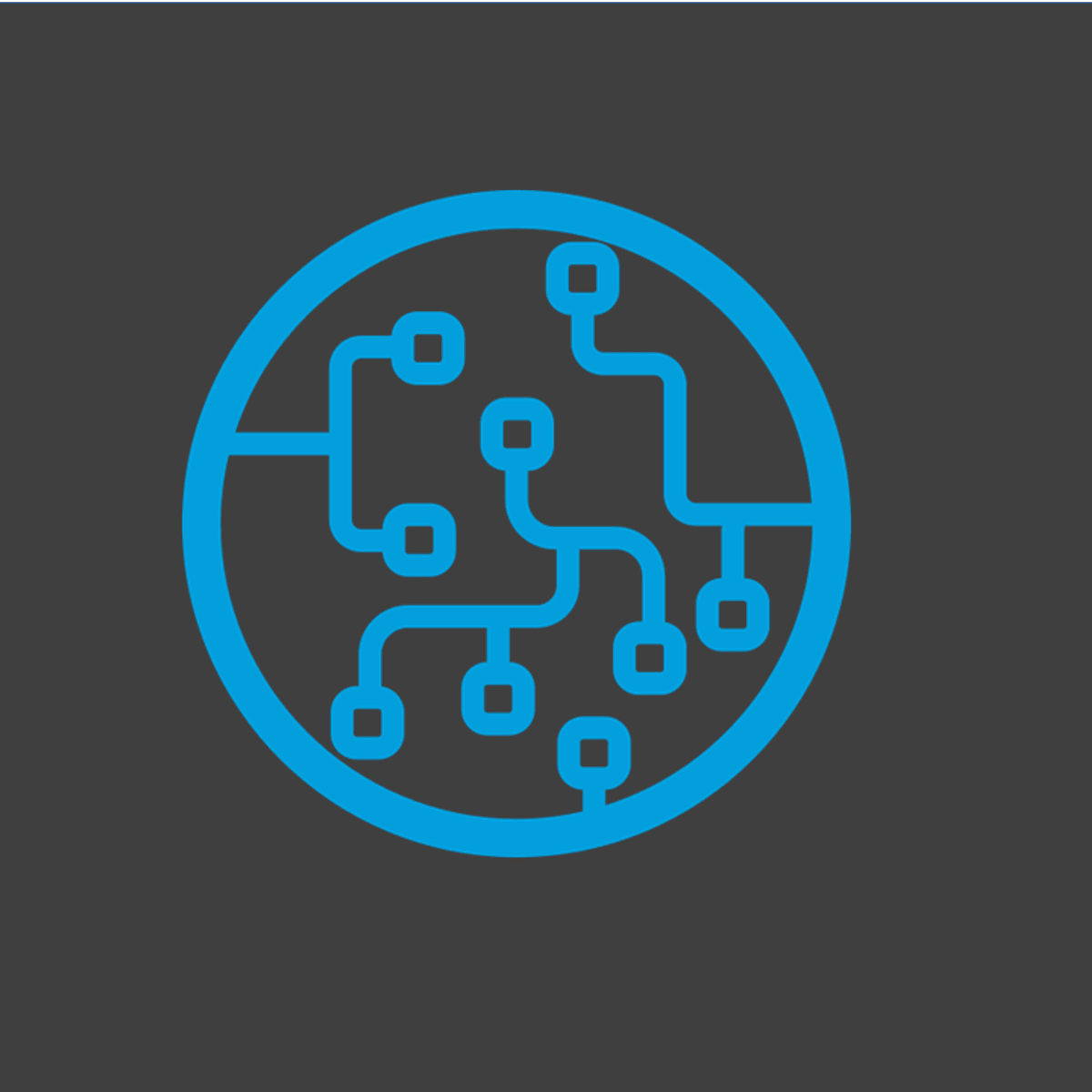



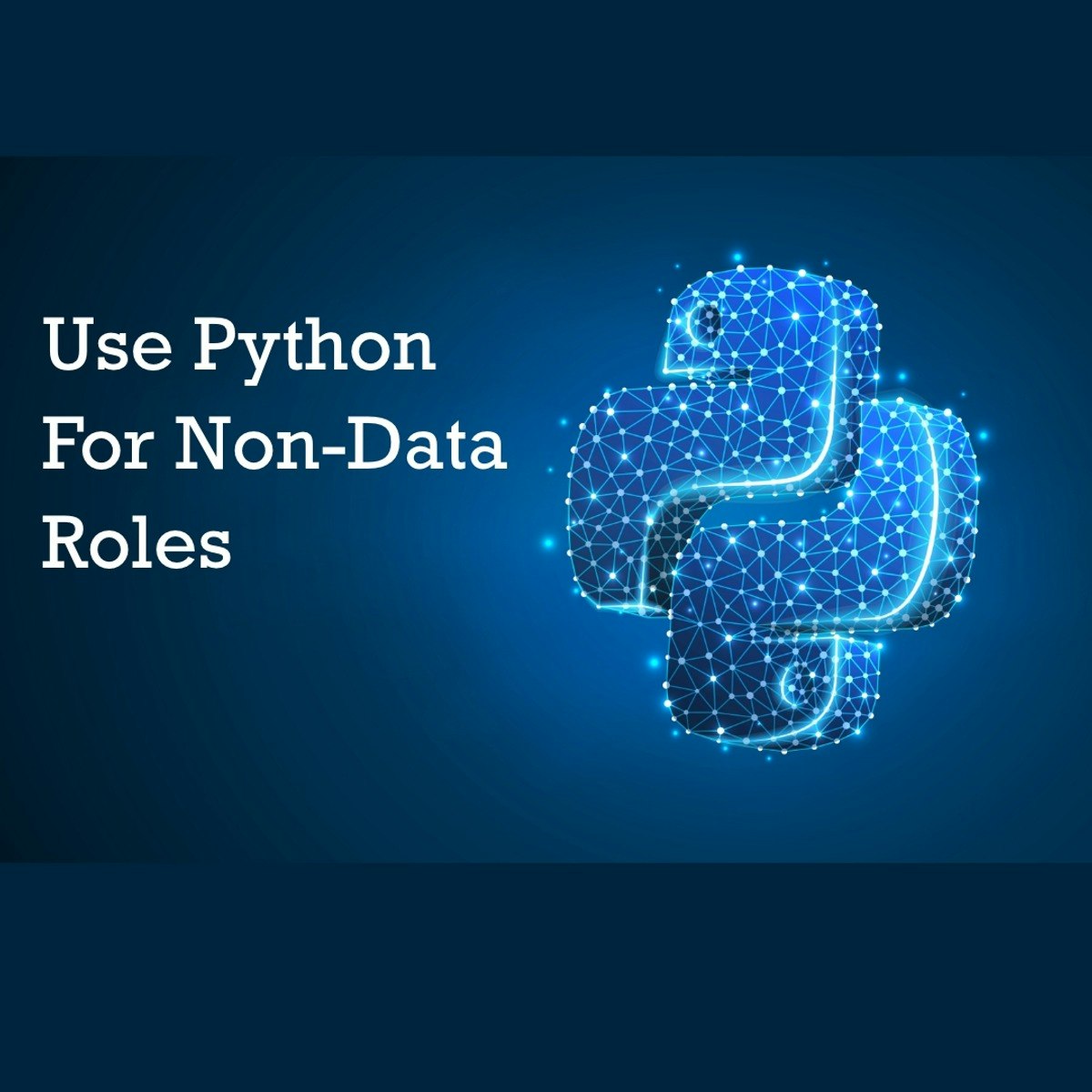
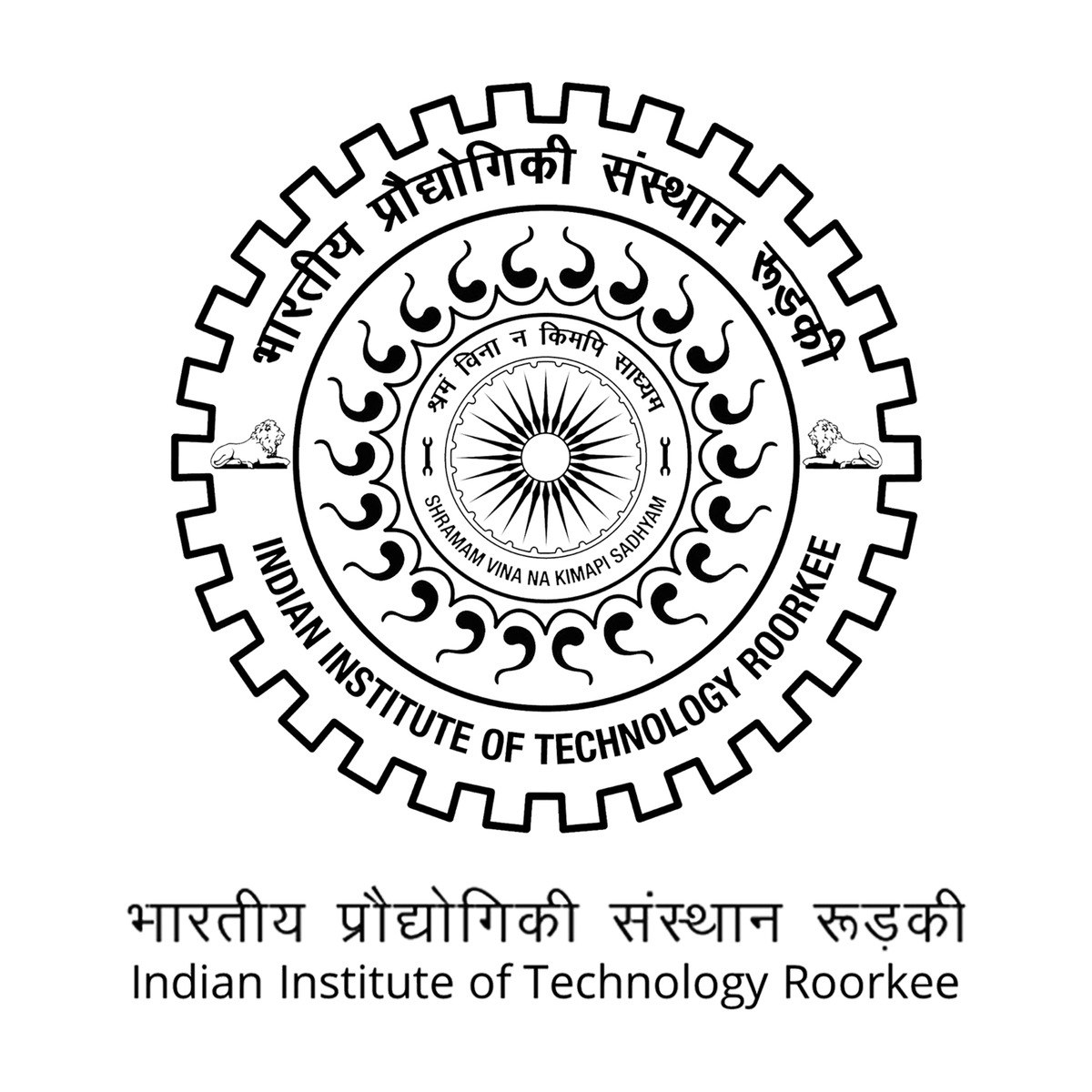
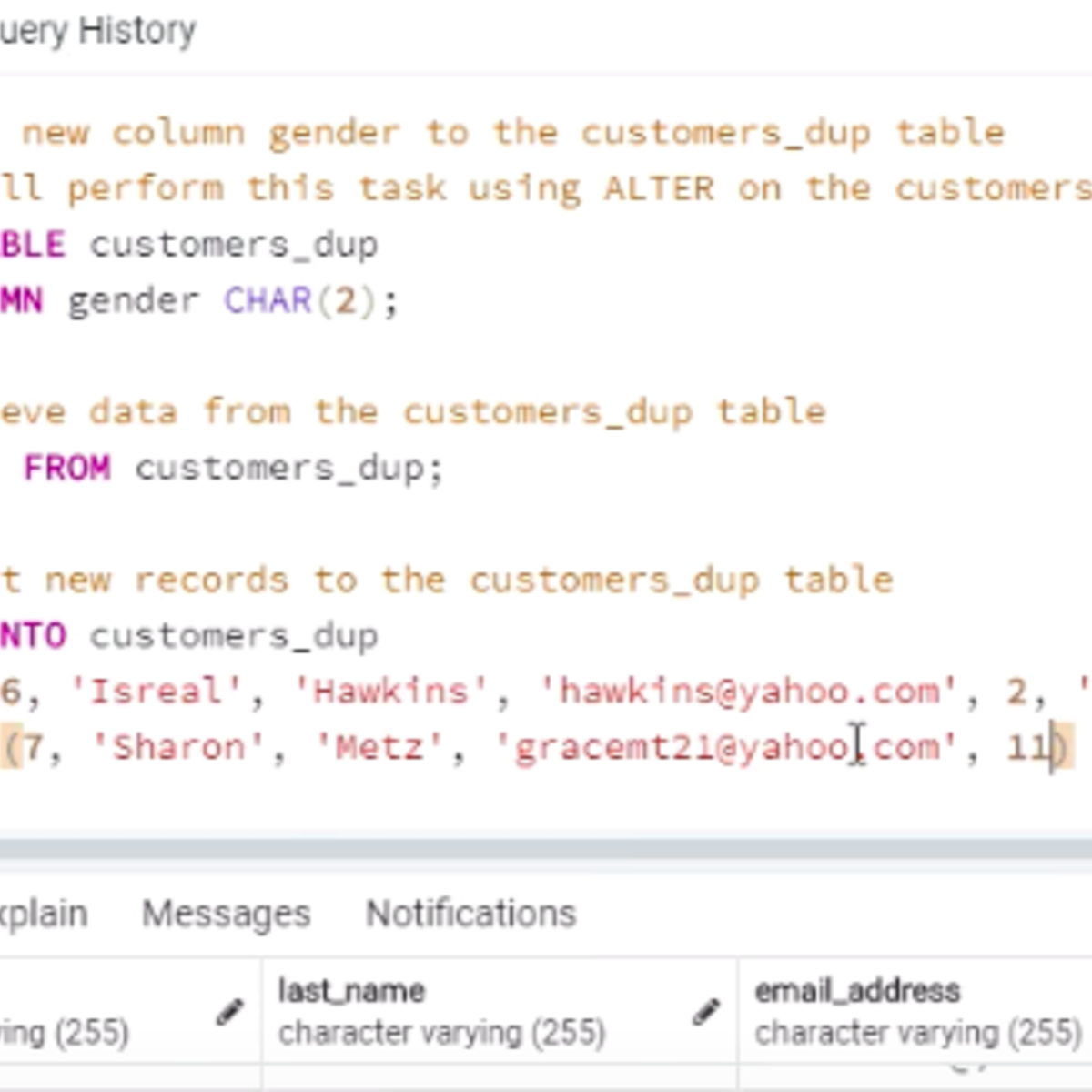


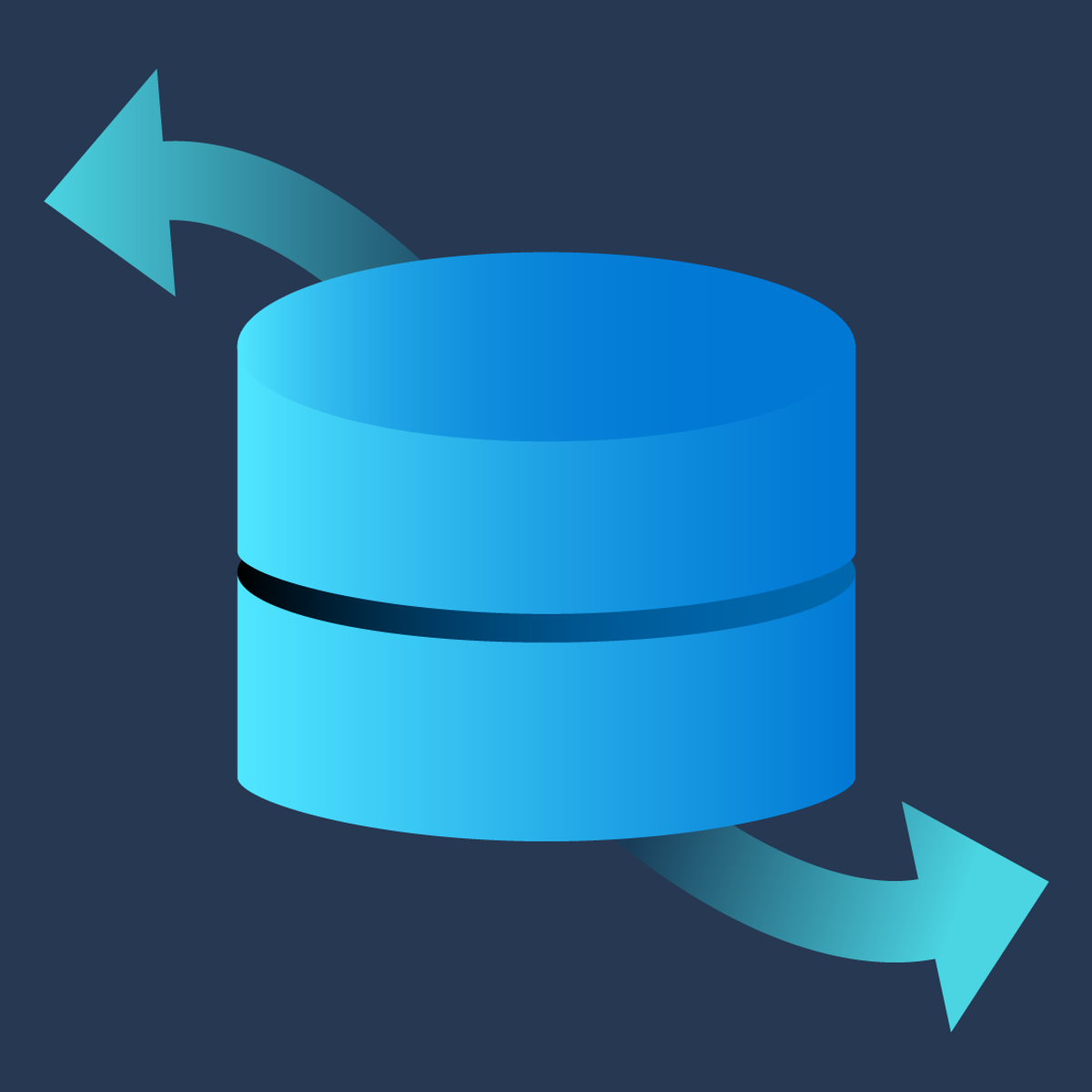
Data Analysis Courses - Page 44
Showing results 431-440 of 998

Machine/Deep Learning for Mining Quality Prediction-Enhanced
In this hands-on project, we will train machine learning and deep learning models to predict the % of Silica Concentrate in the Iron ore concentrate per minute. This project could be practically used in Mining Industry to get the % Silica Concentrate at much faster rate compared to the traditional methods.

Predictive Modeling and Transforming Clinical Practice
This course teaches you the fundamentals of transforming clinical practice using predictive models. This course examines specific challenges and methods of clinical implementation, that clinical data scientists must be aware of when developing their predictive models.
Data Manipulation at Scale: Systems and Algorithms
Data analysis has replaced data acquisition as the bottleneck to evidence-based decision making --- we are drowning in it. Extracting knowledge from large, heterogeneous, and noisy datasets requires not only powerful computing resources, but the programming abstractions to use them effectively. The abstractions that emerged in the last decade blend ideas from parallel databases, distributed systems, and programming languages to create a new class of scalable data analytics platforms that form the foundation for data science at realistic scales.
In this course, you will learn the landscape of relevant systems, the principles on which they rely, their tradeoffs, and how to evaluate their utility against your requirements. You will learn how practical systems were derived from the frontier of research in computer science and what systems are coming on the horizon. Cloud computing, SQL and NoSQL databases, MapReduce and the ecosystem it spawned, Spark and its contemporaries, and specialized systems for graphs and arrays will be covered.
You will also learn the history and context of data science, the skills, challenges, and methodologies the term implies, and how to structure a data science project. At the end of this course, you will be able to:
Learning Goals:
1. Describe common patterns, challenges, and approaches associated with data science projects, and what makes them different from projects in related fields.
2. Identify and use the programming models associated with scalable data manipulation, including relational algebra, mapreduce, and other data flow models.
3. Use database technology adapted for large-scale analytics, including the concepts driving parallel databases, parallel query processing, and in-database analytics
4. Evaluate key-value stores and NoSQL systems, describe their tradeoffs with comparable systems, the details of important examples in the space, and future trends.
5. “Think” in MapReduce to effectively write algorithms for systems including Hadoop and Spark. You will understand their limitations, design details, their relationship to databases, and their associated ecosystem of algorithms, extensions, and languages.
write programs in Spark
6. Describe the landscape of specialized Big Data systems for graphs, arrays, and streams

Calculus through Data & Modeling: Differentiation Rules
Calculus through Data & Modeling: Differentiation Rules continues the study of differentiable calculus by developing new rules for finding derivatives without having to use the limit definition directly. These differentiation rules will enable the calculation of rates of change with relative ease the derivatives of polynomials, rational functions, algebraic functions, exponential and logarithmic functions, and trigonometric and inverse trigonometric functions. Once these rules are developed, they are then applied to solve problems involving rates of change and the approximation of functions.

Use Python for Non-Data Role
Even if you are not a person with a data specific role, knowing how to work with data is becoming a highly in-demand skill. More and more companies are collecting data, storing data, and making data-based decisions. From marketing to human resources, to finance and operations, knowing the basics of how to use a data language such as Python will make you even more desirable, valuable, and useful to your company. In this project, learners will learn how to get started with Python. They will learn how to upload Excel sets into Python; how to create lists, dictionaries, and tables; and even how to create Gantt charts with Python. This will arm people in all kinds of roles to use Python to perform data tasks.

Data Mining for Smart Cities
Internet of things (IoT) has become a significant component of urban life, giving rise to “smart cities.” These smart cities aim to transform present-day urban conglomerates into citizen-friendly and environmentally sustainable living spaces. The digital infrastructure of smart cities generates a huge amount of data that could help us better understand operations and other significant aspects of city life.
In this course, you will become aware of various data mining and machine learning techniques and the various dataset on which they can be applied. You will learn how to implement data mining in Python and interpret the results to extract actionable knowledge. The course includes hands-on experiments using various real-life datasets to enable you to experiment on your domain-related novel datasets. You will use Python 3 programming language to read and preprocess the data and then implement various data mining tasks on the cleaned data to obtain desired results. Subsequently, you will visualize the results for the most efficient description.

Performing Data Definition and Manipulation in SQL
In this 2-hour long project-based course, you will learn how to use SQL data definition statements for various data definition tasks and how to use SQL data manipulation statements for data manipulation tasks such as updating records in a table. In addition, you will learn how to upload a CSV file into a database using PostgreSQL.

Importing Data into R
In this 1-hour long project-based course, you will learn how to read all sorts of data and import them into R, including CSV files, Excel files, data from other statistical software, the web and from relational databases.
Note: This course works best for learners who are based in the North America region. We’re currently working on providing the same experience in other regions.

Net Promoter Score (NPS) and Sentiment Analysis in Miro
By the end of this project, you will be able to confidently analyze survey data by generating Net Promoter Score analytics to help understand and communicate the state of the overall Customer Experience (CX).
To do this, you will gain hands-on experience leveraging the visualization tools in the Miro online visual collaboration platform for teamwork.
Note: This course works best for learners who are based in the North America region. We’re currently working on providing the same experience in other regions.

Data Storage in Microsoft Azure for Associate Developers
Azure provides a variety of ways to store data: unstructured, archival, relational, and more. In this course, you will learn the basics of storage management in Azure, how to create a Storage Account, and how to choose the right model for the data you want to store in the cloud.
This course part of a Specialization intended for Data engineers and developers who want to demonstrate their expertise in designing and implementing data solutions that use Microsoft Azure data services anyone interested in preparing for the Exam DP-203: Data Engineering on Microsoft Azure (beta).
This is the second in a program of 10 courses to help prepare you to take the exam so that you can have expertise in designing and implementing data solutions that use Microsoft Azure data services. The Data Engineering on Microsoft Azure exam is an opportunity to prove knowledge expertise in integrating, transforming, and consolidating data from various structured and unstructured data systems into structures that are suitable for building analytics solutions that use Microsoft Azure data services. Each course teaches you the concepts and skills that are measured by the exam.
By the end of this Professional Certificate program, you will be ready to take and sign-up for the Exam DP-203: Data Engineering on Microsoft Azure (beta).
Popular Internships and Jobs by Categories
Find Jobs & Internships
Browse
© 2024 BoostGrad | All rights reserved